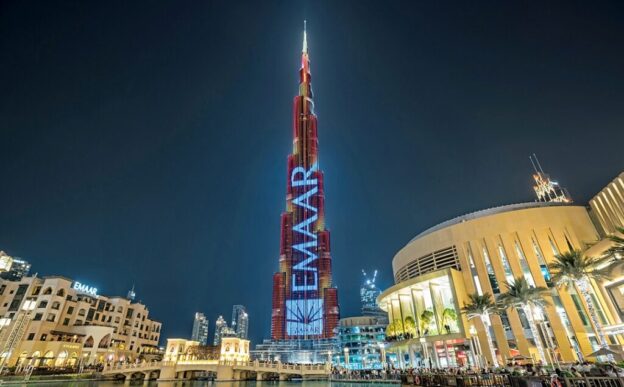Some weeks ago, a close friend asked me about the ties between the private and public sectors in the UAE, especially in Dubai. How are decisions made? What is the influence of the private sector? What are the limits between the two sides?
I spent some days thinking, reading, and asking about this issue, and I think we need to approach these questions using game theory.
In Game Theory, the first game that every student learns is the prisoner dilemma. The idea is straightforward: two prisoners are suspects of robbery, but the problem is that there is not enough evidence to put them behind bars.
The police interrogate the two suspects separately; if only one confesses, that is considered enough evidence to send both to prison. If none admit the crime, they must spend three years in jail. If both confess, the penalty is five years. If only one confesses, that person is immediately released (zero years), but the other spends seven.
The key insight of this game is that, in equilibrium, confessing is a dominant strategy and there are not enough incentives to cooperate (I talked about cooperation and this type of game a long time ago).
The next chapter on every game theory course is about repeated games. We know that if we play this game only once, there is no room for cooperation. The bad news is that nothing will change if we repeat this game two, there, or a hundred times. The last round will be like playing only once, so, doing what is called backward induction, we can learn that cooperation is also not feasible and will not occur in any stage.
There is room for cooperation if, and only if, games are played infinitely, which is what happens in Dubai between the public and private sectors.
To the best of my knowledge, conversations and discussions between the public and private sectors do not occur under any formal institution’s rules. The relationship is a little bit more informal. For example, the majlis is a crucial institution representing the concept of an ‘open-door’ policy (Hvidt, 2007). The idea that business people can meet the authority to talk and give their impression about the course of policies and events is widely spread around Dubai and the UAE.
However, I want to focus on the idea of multiple leadership roles (Hvidt, 2007). Often, the chairman in firms related to industrial or services activities also holds a high position in government agencies. Of course, we must not forget that many of the biggest companies in the UAE are state-owned enterprises.
As a result, and generally speaking, a total of twenty or thirty (approx, not literally, but I would bet I am not very far away from the right number) people in the UAE make all the public and private decisions. At the same time, they are surrounded by trusted people, usually from the trading community, that we saw its relevance for Dubai in the previous post. It is extremely hard, if not impossible, to get a high position in the public sector just because of a good resume or cover letter. You need reputation and trust, and you get that from people who can make a good reference about how you work or behave.
The making-decision process is an infinitely repeated game. Suppose the reduced group making decisions cooperated and had a good outcome in the previous period. In that case, there will be cooperation in the following one, and the ties will be stronger. Trust and cooperation are the keys to making this circle of few people continue working together and defining the future of Dubai.
Despite the many disadvantages that we might find in having a privileged and small group of people deciding – is it not like that in most places? – we need to understand that in Dubai, “government is business and business is government” (Hdvit, 2007). Informality, multiple leadership roles, and shared information make the decision-making process smoother and faster.
If I am asked about the boundaries or limits between the private and public sectors in Dubai, I would answer: “limits? what limits?”.
References
Hvidt, M. (2007). Public–private ties and their contribution to development: The case of Dubai. Middle Eastern Studies, 43(4), 557-577.
